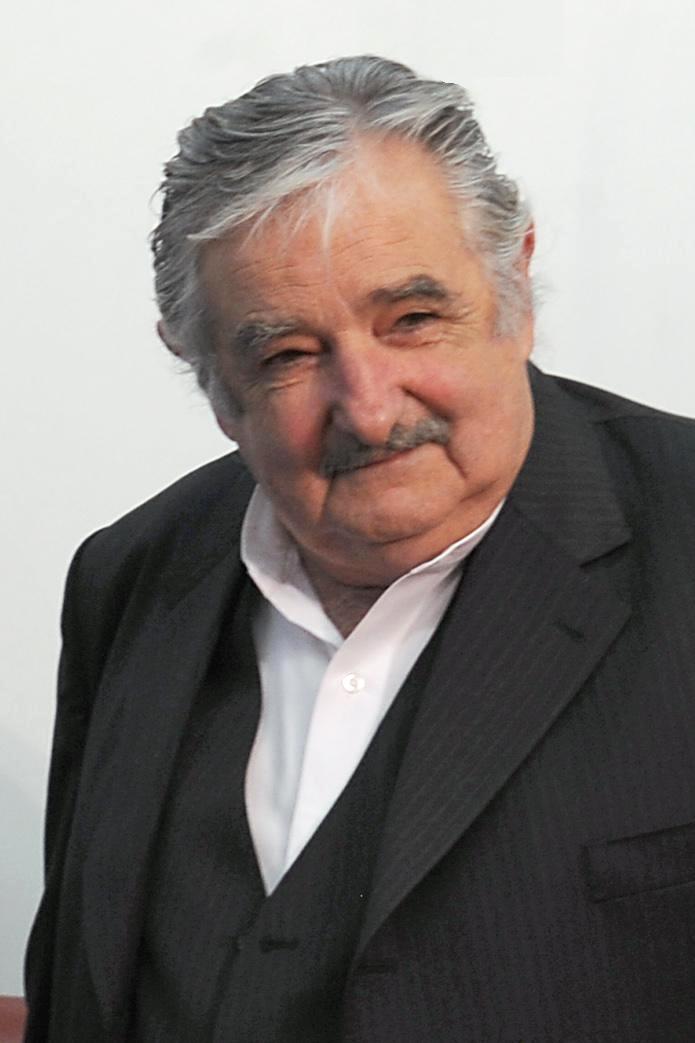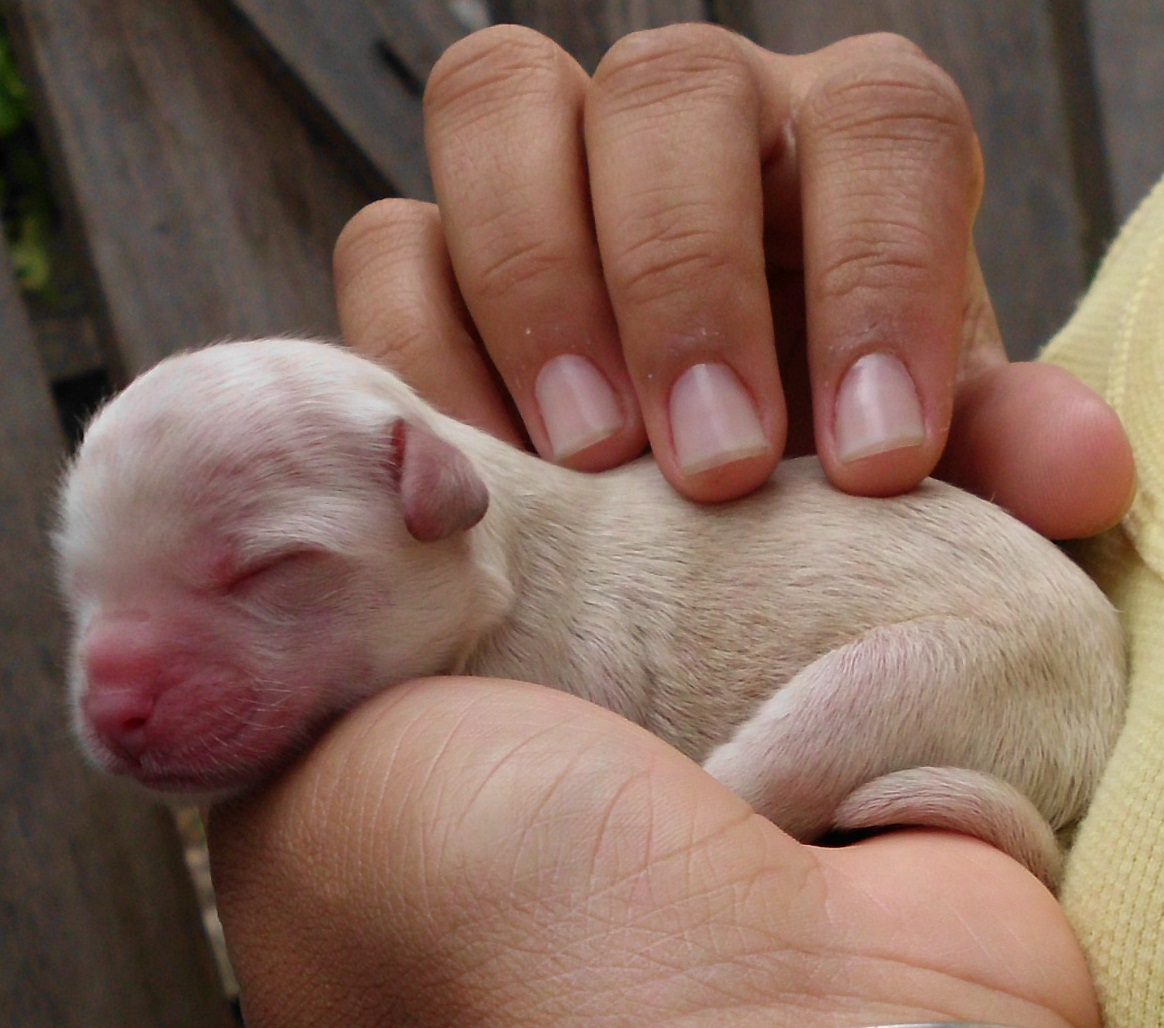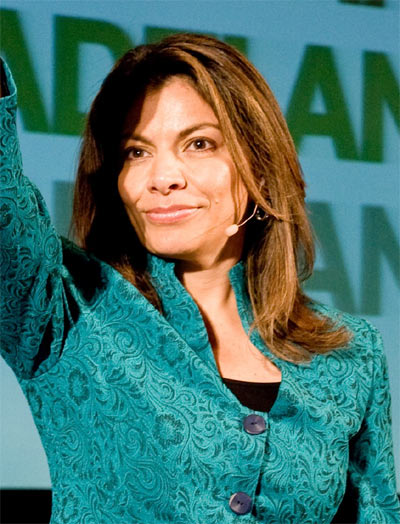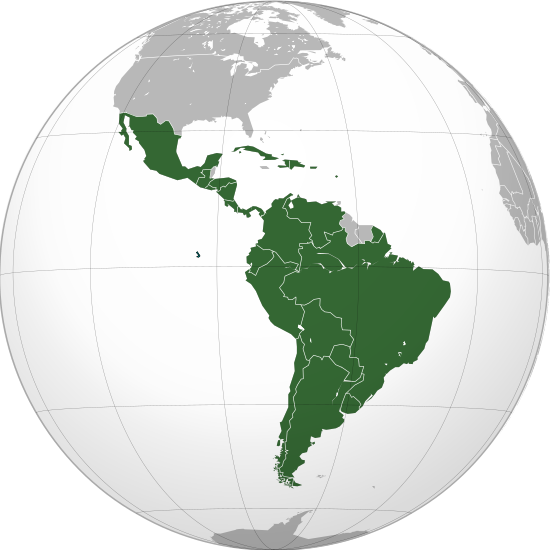Current general secretary of UNASUR and former president of Colombia, Ernesto Samper, went to Venezuela and talked to the government. He, like other contact people of UNASUR, has made up his mind and is not going to act like a negotiator in order to bring peace and democracy in Venezuela. His ultimate mission is to keep the status quo.
.jpg) |
| "There is division of powers in Venezuela". My foot |
Basically, Samper said that
- there is division of powers
- UNASUR will help in the distribution of food in Venezuela
- Venezuelan parliamentary elections will take place in September
Henrique Capriles went to meet Samper but other leaders of the MUD were not invited. Afterwards Capriles announced on Twitter he told Samper there was no division of powers in Venezuela. Who found about that? Capriles' followers, who are mostly Venezuelans who already know there is no division of powers.
In reality
- There is no division of powers at all in Venezuela. The State is the ruling party, the judiciary is a tool of the ruling party, every single national institution is composed of people absolutely loyal to the interests of Chavismo. Even Morales, the previous Chavista president of the Supreme Court of Venezuela, declared to bawfled journalists back in 2009 that the division of powers weakens the State. Things haven't improved since then and the current president of said court was a former Chavista candidate for the state of Nueva Esparta and specializes in sending opposition mayors to jail.
- UNASUR will help in the distribution of food in Venezuela. Why? Has there been a war? Has there been a major earthquake like in Haiti? What is the difference between Venezuela and the rest of the Latin American countries that this needs to be done?
How come is UNASUR so flagrantly partial?
To be continued...














